- Home »
- Information »
- Guarana
Guarana
Paullinia cupana
Small, bright red fruit that splits open when ripe, revealing its large black seed partially encased with a thin white pulp. At this stage, the fruit resembles an eye. Seeds are extracted and roasted, then used as a stimulant or for a variety of other purposes.
Seed Availability
Seeds are not available for the Guarana. Please visit our seed store to view current selections.
Description
A creeping, climbing vine, sometimes reaching large heights as it scales up taller trees. Leaves contain five leaflets. The tree bears small, white male and female flowers on the same tree.
Hardiness
Probably not frost hardy.
Growing Environment
Not available.
Propagation
Almost exclusively by seed which lose their viability within 72 hours of harvest.
Uses
Traditionally, seeds are roasted for several hours, then beaten into a paste before being smoked for a couple of months over a very low fire at which point they are ready for grating into powder. The powder is taken as stimulant, often with water or is used to flavor soft drinks and syrups. Guarana has a higher caffeine content than both coffee or tea. It is also used as a health-tonic, aphrodisiac, anti-helminthic, and a reliever of fatigue. These benefits have not been tested.
Native Range
Native to South America.
Related Species
| Sapindaceae | |||
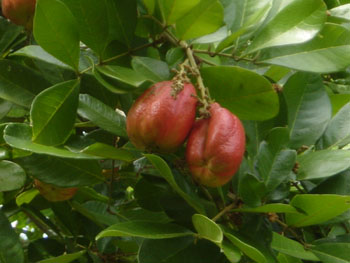 |
Blighia sapida Akee |
 |
Dimocarpus didyma Alupag |
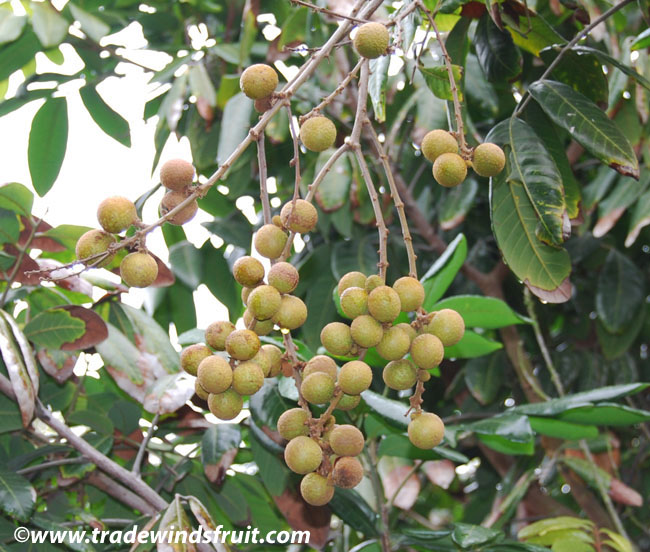 |
Dimocarpus longana Longan |
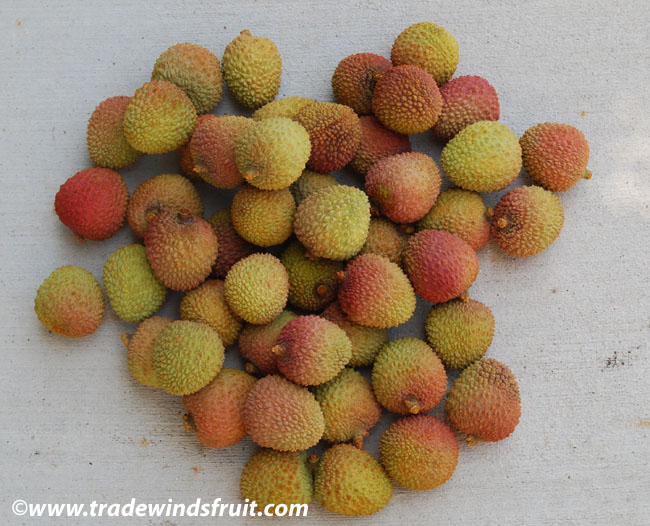 |
Litchi chinensis Lychee |
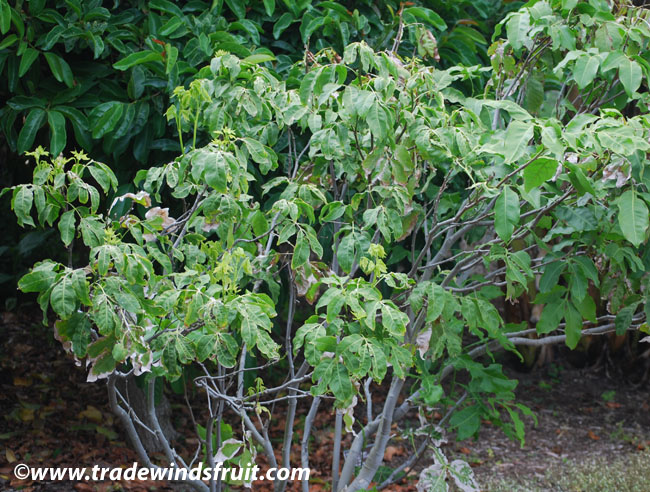 |
Melicoccus bijugatus Mamoncillo |
 |
Nephelium echinulatum Nephelium echinulatum |
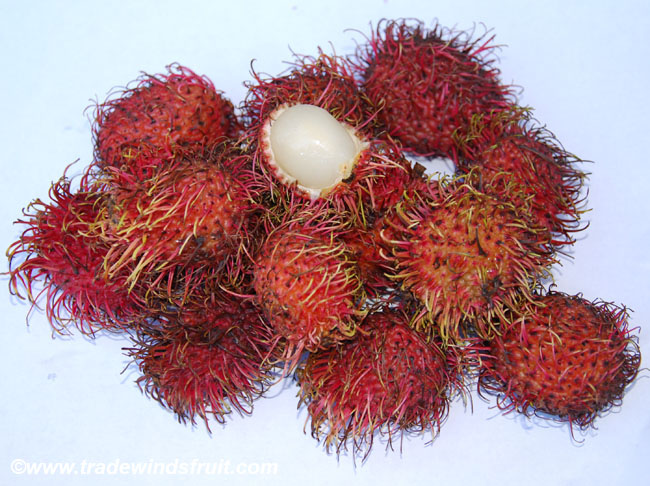 |
Nephelium lappaceum Rambutan |
 |
Nephelium maingayi Nude Rambutan |
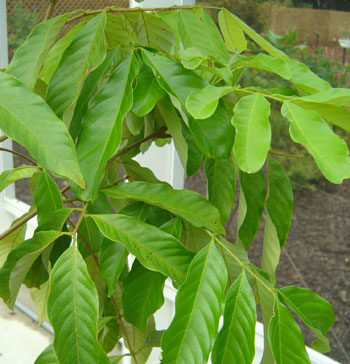 |
Nephelium mutabile Pulasan |
 |
Nephelium uncinatum Hooked Rambutan |
 |
Nephelium xerospermoides Hairless Rambutan |
 |
Paullinia cupana Guarana |
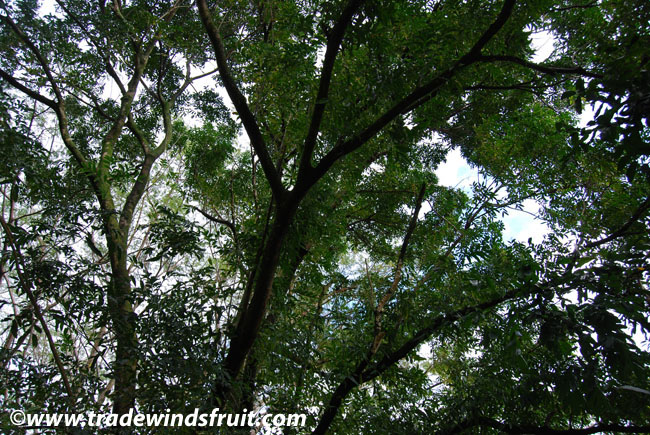 |
Saponaria detergens Soap Nut |
 |
Talisia esculenta Belizian Genip |
